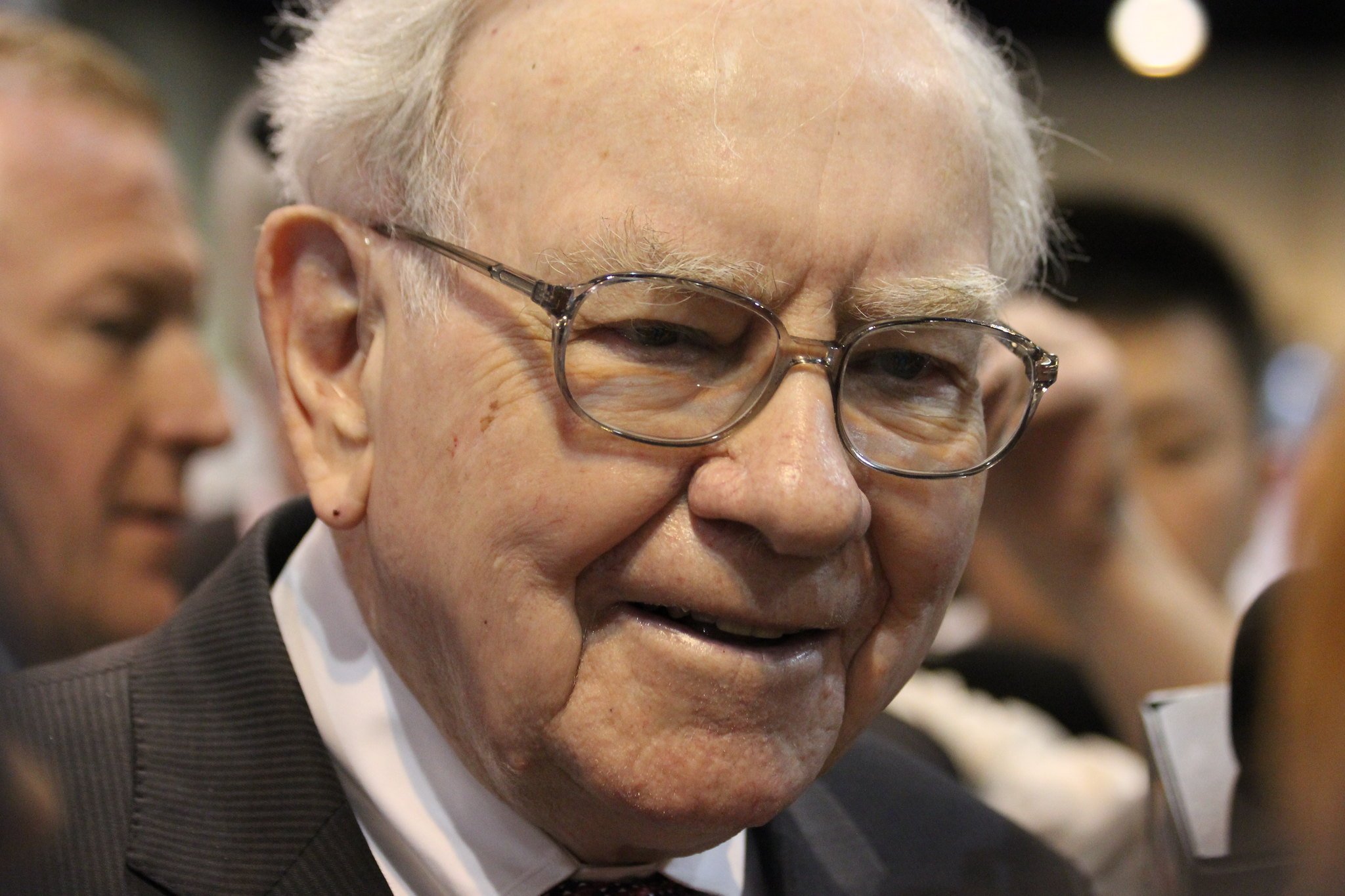Bank of America (BAC +0.63%) CEO, Brian Moynihan isn't a typical executive, at least in his choice of where he lives.
Moynihan chooses to live in Boston while his bank is headquartered in Charlotte, North Carolina. This presents a huge challenge to the company as a whole, and its investors. What are the financial ramifications to the company when considering his commute between home and work? Should investors be worried about a CEO who is not willing to move to the city where his company is located?
Listen to the full podcast by clicking here. A full transcript follows the video.
Gaby Lapera: I think I am ready to discuss our next topic; which is actually an article that showed up in the Wall Street Journal earlier last week, I believe, that talked about the culture clash of having the CEO of your business live in another city than the city in which that business is headquartered.
So the example that came up in this article was Brian Moynihan from Bank of America. The bank is headquartered in Charlotte and Moynihan, he came into the company with the Fleet Boston acquisition and he still lives in Boston. He likes Boston. He doesn't want to leave Boston. He doesn't want to move the headquarters to Boston or New York where there are a lot more executive officers because of the acquisition of Merrill Lynch. Do you want to kind of run with that?
John Maxfield: Yeah, so the thing about Bank of America is that it is a collection of a bunch of regional banks.
And if you really break it down it's a collection of Bank of America, the namesake, which was a bank founded in 1904 out in California, there's a bank called NationsBank which is actually when we think about Bank of America we're actually talking about NationsBank. And that is a bank that is based in Charlotte, North Carolina and it really traces its modern roots back to the 1950s when it decided to try to grow into one of the biggest banks in the United States.
And then the third big piece of the puzzle, and there's a whole bunch of pieces to the puzzle, but these are just the really big ones, the third big piece of puzzle other than Merrill Lynch is Fleet Boston Financial.
And so what's interesting is that, you know this is typical at a lot of banks where you're going to have all these executives come in as a result of these mergers and acquisitions. What's so unique about Bank of America is that whereas before the crisis that top executive team always stayed in control of that North Carolina contingent. Since then it's fallen into the hands of Brian Moynihan who's a Boston executive, right? And he's now filling the executive ranks with people that he worked with at Fleet Boston Financial.
And so now you have their executives that are split kind of evenly between Boston where its wealth management operations are based, or in that area, New York which is where its investment banking operations they acquired from Merrill Lynch are principally based, then Charlotte where the traditional headquarters are. Well the problem is that Moynihan the CEO, still lives in Boston. So he's commuting all the time down to Charlotte.
And so when you think about as a company, thinking about a company that you want to invest in, the question you have to ask yourself is, "Do you want to invest in one?" I'm personally a pretty big fan of Brian Moynihan, but this is a legitimate question for investors. "Do you want to invest in one where the CEO is not even willing to make the commitment to then move to the headquarter city (i.e., Charlotte, North Carolina)?"
And the one company that comes to mind when you're talking about this issue is JCPenney. JCPenney brought in a guy named Ron Johnson, I think it was in 2011 if my mind serves me correctly. And he came from Apple. He was the head of Apple's retail division and he went to all these changes at the Dallas-based JCPenney, but he never moved down to Dallas. And it always caused consternation among the folks at JCPenney and he eventually almost drove JCPenney into bankruptcy and he was eventually fired.
Now I don't think Brian Moynihan is going to do that at Bank of America to be very clear, however the point being it is not a good precedent as a general rule to have your CEO living in a city that is not your headquarters' city.
Lapera: And I think another component to think about this is that Brian Moynihan -- he's not flying economy class back and forth from Boston.
Maxfield: Like us?
Lapera: Like me this morning.
Maxfield: He's definitely not flying like we travel.
Lapera: Shout out to the guy sitting next to me who had chips spilling out of his pocket, like just loose potato chips this morning. I don't know who you are, but you go, you do you, sir.
No, they have private company jets. I believe that the figure stated was that Bank of America spent something like $448,000 last year on flying CEOs back and forth on their private company jets.
Maxfield: Flying Brian Moynihan.
Lapera: Oh just Brian?
Maxfield: Just Brian Moynihan.
Lapera: Sorry. I'm talking about it like I know him.
Maxfield: Yeah it was like leaps and bounds more than other bank CEOs. So what you're talking about, you're talking about personal miles that he rung up on the company jet. And the reason he rings up so many personal miles is because every week it's got to take him back to home to Boston.
And so, in the whole scheme of things is the corporate jet cost going to sink Bank of America? No, you're talking this is a negligible cost for a bank that size.
Lapera: No, but banks are required, all companies are required to report the type of compensation that they give to their executives and this isn't something that's really factored into that.
And people I guess don't really think about that, but the cost of having a corporate plane that your executive has to use to basically commute every week, or limo drivers, or dinners people get. People don't really think about that in terms of compensation. But people do get a lot of stuff, a lot of extras, a lot of side benefits, perks for the CEO.
Maxfield: They do. And no perk is better than a company plane. And just to be clear, I'm not saying shareholders shouldn't care about this because they absolutely should care about this. But it's my opinion that they should care about the company plane -- but they should look at that as more of a symptom of the issue as opposed to the issue itself.
The issue itself is, "Do you want a CEO of a company who is not willing to live in a headquarter city of that company?" I've no doubt that Brian Moynihan is willing to make a lot of sacrifices for Bank of America. He's probably worth a lot of hours for the past decade at that bank, but it still sets a bad precedent.
Lapera: Right. I will say that the -- just to play devil's advocate -- maybe companies do this so that they can attract better talent -- someone who says, "You know what? I'll come work for you but I don't want to leave my home city. And this is this is the bargain that you get as a result of having my talent."
Maxfield: Yeah, but these guys also get paid tens of millions of dollars.
Lapera: That's true.
Maxfield: That's what they get for their talent.
Lapera: I guess if you're a football player you're not going to be like, "You know what? You just have to fly me into Miami every week." It's not going to happen.






